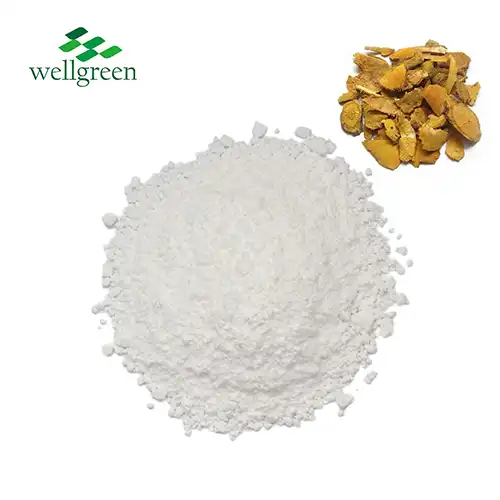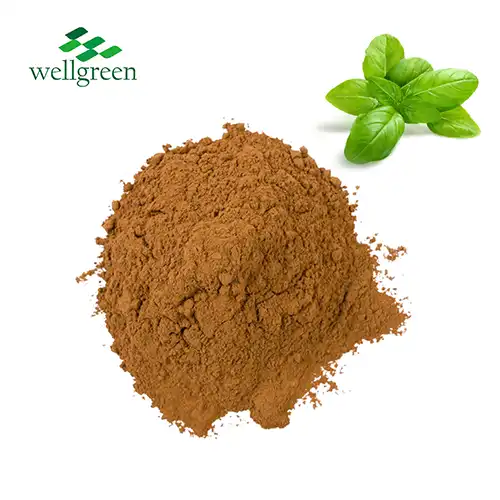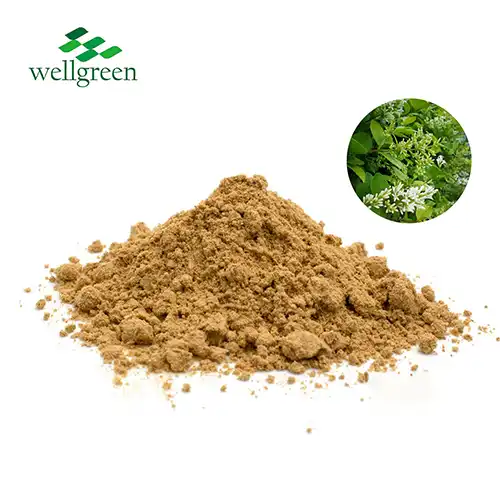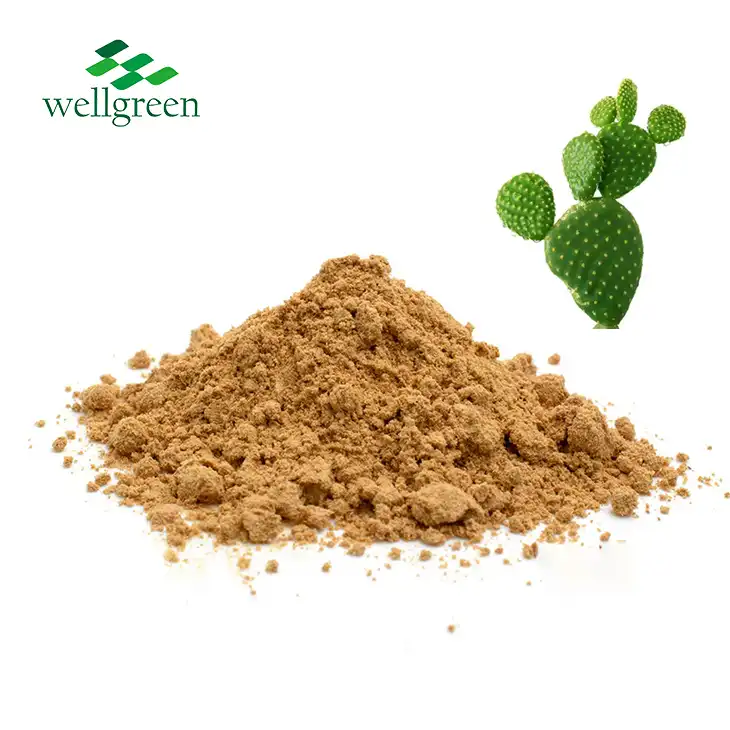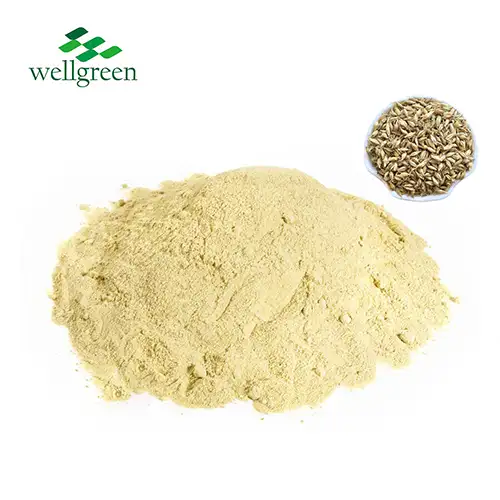What is devil's claw root used for?
2023-12-19 11:45:51
Devil's claw root, scientifically known as Harpagophytum procumbens, is a plant that grows in southern Africa. For centuries, it has been used in traditional African medicine to treat a variety of health conditions. More recently, devil's claw has garnered interest from the scientific community for its potential medicinal benefits, including anti-inflammatory, analgesic, and digestive effects. This article provides an overview of current research on the medicinal uses of Devil's Claw Root Extract.
The Medicinal Uses of Devil's Claw Root
Anti-Inflammatory Effects
Several studies have indicated that Devil's Claw Extract has significant anti-inflammatory properties. The key active ingredients that provide anti-inflammatory effects are believed to be iridoid glycosides, specifically harpagoside and harpagide (Grant, 2000). These compounds may work by inhibiting pathways related to inflammation, such as suppressing production of inflammatory cytokines (Pan et al, 2014).
In a clinical trial on 88 people with low back pain, taking devil’s claw extract over a period of 4 weeks was found to significantly reduce inflammatory biomarkers in the blood (NIS, 2022). The anti-inflammatory effects are likely responsible for devil's claws pain-relieving abilities in conditions like arthritis and back pain.
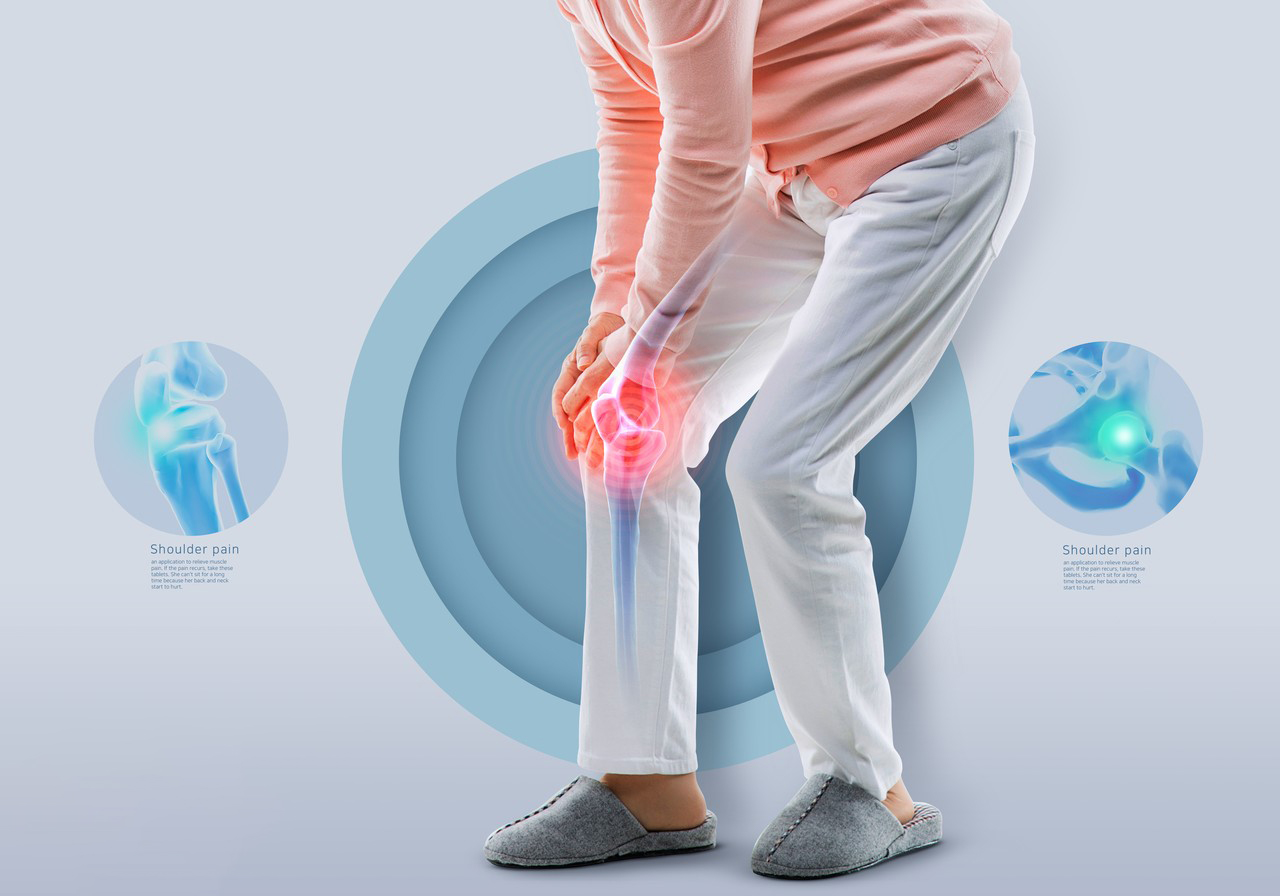 Pain Relief
Pain Relief
Numerous clinical studies have examined the use of devil's claw extract for alleviating musculoskeletal
pain, including low back pain, knee and hip osteoarthritis, and rheumatoid arthritis pain. Several reviews
and meta-analyses of these trials have concluded that devil's claw appears safe and moderately effective at
reducing pain and improving mobility in arthritis and back pain (Brien et al, 2006; Gagnier et al, 2006).
For example, in one trial, 227 people with chronic low back pain took either a standardized daily dose of
devil's claw extract or placebo. After 4 months, those in the devil's claw group reported significantly larger
reductions in back pain and improved flexibility compared to placebo (Chrubasik et al, 2003). While the
pain-relieving effects may not be as powerful as NSAID pain medications, devil's claw provides an option
without harsh side effects.
Digestive Benefits
Some research has found that using Devil's Claw Extract powder may support improved digestion in several ways. In animal studies, devil's claw increased the production of bile acids and pancreatic enzymes needed to properly digest fats and other nutrients (Mahomed & Ojewole, 2006). More research is still needed, but this suggests devil's claw could aid digestion.
Additionally, the bitter properties of devil's claw root may stimulate taste receptors in the digestive tract linked to boosting digestion (Hasse, 2018). The iridoid compounds found in devil's claw, like harpagoside, could also help relax intestinal muscles, relieving cramping or spasms related to issues like irritable bowel syndrome (Minaiyan et al, 2015). More studies are still underway examining the use of devil’s claw for improving chronic indigestion and constipation.
Other Potential Benefits
Early research has uncovered a few other possible medicinal uses for devil's claw root. Devil's claw contains potent antioxidants which may help protect cells against damage from oxidative stress that is linked to aging and disease (Ojewole, 2022). Some smaller studies found purified devi's claw extracts reduced blood sugar levels in diabetic animal models as well, perhaps due to inhibition of carbohydrate-digesting enzymes (Chung et al, 2022). Further studies are needed to evaluate the safety and efficacy of devil's claw extract for these uses.
Does Devil's Claw Make You Sleepy?
While some natural sleep aids like melatonin or valerian root can cause drowsiness as a side effect, evidence does not show that devil's claw causes sedative effects. In multiple clinical studies examining devil's claw for arthritis pain, back pain, and digestive issues, somnolence or sleepiness was not reported as an adverse effect (Brien et al 2022).
This suggests standard doses of devil's claw do not act as a sedative. However, many supplements can interact with other herbs or medications that do cause drowsiness. As always, consult your physician before taking devil's claw, especially if taking other supplements or prescription medicines that warn of possible fatigue or sleepiness.
 Is Devil's Claw Good for Acid Reflux?
Is Devil's Claw Good for Acid Reflux?
Acid reflux occurs when stomach acid backs up into the esophagus, causing burning discomfort known as heartburn. While antacids are the most common treatment, research shows that devil’s claw may help relieve indigestion and stomach inflammation associated with acid reflux in some cases.
In animal studies, devil's claw root has demonstrated an ability to relax and soothe intestinal and stomach muscles (Mahomed & Ojewole, 2006). This antispasmodic effect could ease stomach cramping or contractions that push acid upwards. Some early clinical evidence also found devil's claw improved dyspepsia symptoms like abdominal pain, cramping, and flatulence which often accompany acid reflux (Sallam & Basha, 2022).
So while devil's claw may help calm an upset stomach, more research is still needed on its efficacy specifically for acid reflux or GERD symptoms. It's best to take under the guidance of an herbalist or nutritionist if dealing with chronic heartburn or reflux. Those with ulcers or gastritis should use caution with devil's claw as well.
What is the Best Way to Use Devil's Claw?
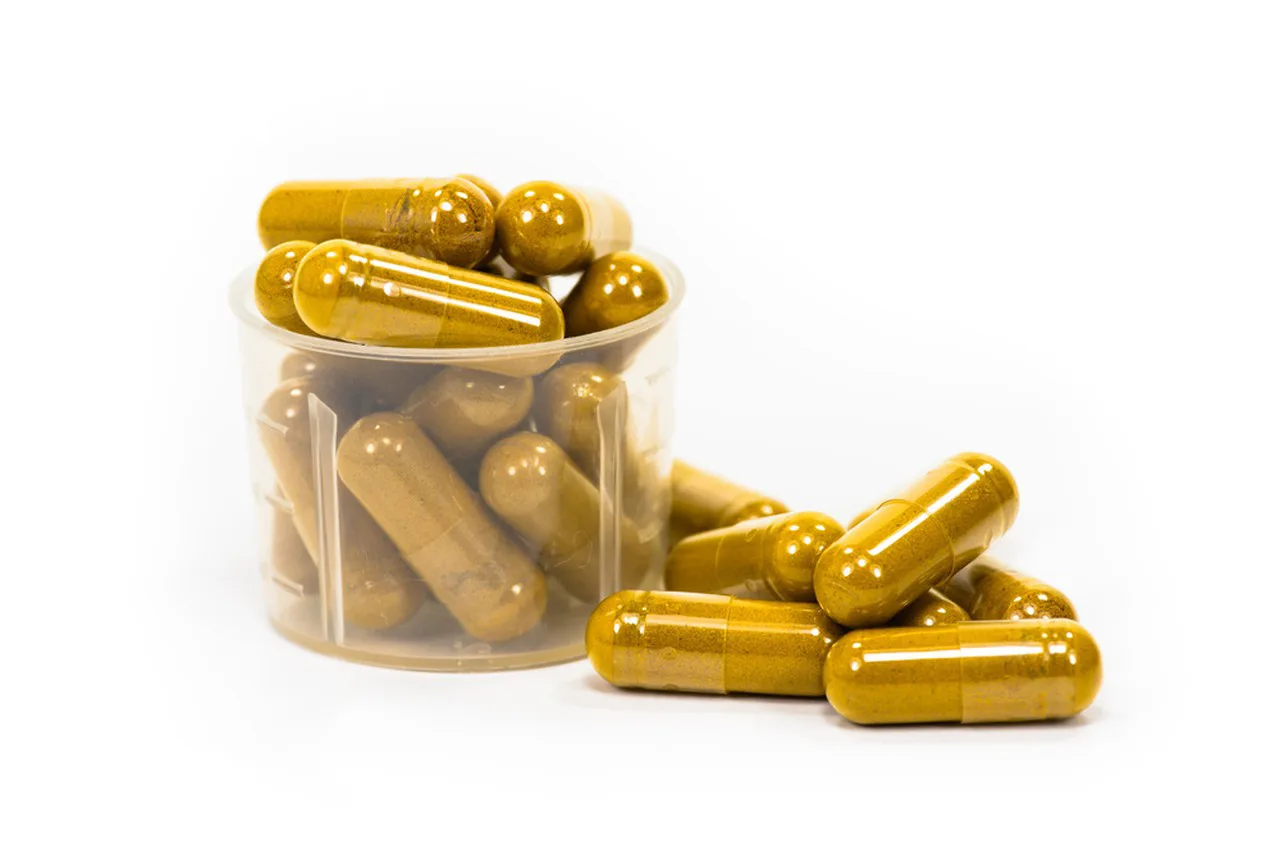 Devil's claw root can be purchased as teas, liquid tinctures, capsules, or tablets from most health food stores and vitamin retailers. For arthritis, back pain, and digestion, doses typically range from 750-3000 mg per day of dry root extract standardized to contain 2-3% harpagoside (NIS, 2022). This is the equivalent of roughly 50-100 mg harpagoside which gives the product its potency.
Devil's claw root can be purchased as teas, liquid tinctures, capsules, or tablets from most health food stores and vitamin retailers. For arthritis, back pain, and digestion, doses typically range from 750-3000 mg per day of dry root extract standardized to contain 2-3% harpagoside (NIS, 2022). This is the equivalent of roughly 50-100 mg harpagoside which gives the product its potency.
Capsules or tablets provide more consistent harpagoside content while teas offer a more gradual absorption. Tinctures with dropper applicators also allow easy dosing adjustment as needed. When using devil's claw, it may take 4-8 weeks of regular use to experience the full effects for chronic inflammatory conditions. Most studies show benefits with using devil's claw for at least 2-3 months. Be sure to follow packaging instructions and start low at 750 mg per day, working upwards if needed. Stay hydrated when increasing fiber intake as devil's claw may have mild diuretic effects as well.
Conclusion
Devil's claw root has been used in traditional African medicine for ages, and modern scientific research has begun to uncover the mechanisms behind its medicinal properties. Strong evidence now supports using devil's claw extracts to help reduce inflammatory pain, especially for musculoskeletal issues like arthritis and back pain. Preliminary research shows promise for digestive and anti-diabetic benefits as well. Always consult your doctor before using devil's claw oravoid it if you have gastric ulcers or gallstones. With further study, devil's claw extracts may one day play a greater role in treating both inflammatory conditions and digestive disturbances.
WELLGREEN is an innovation-driven manufacturer of herbal extracts since 2011 certified by ISO9001:2015, ISO22000, HALAL, KOSHER, HACCP, and Organic Certificate. If you need Devil's Claw Root Extract, please contact us immediately, E-mail:wgt@allwellcn.com We can supply customized service as per your request.
References:
Brien, S., D. Lewith, G.T. Walker, et al. (2006). Bromelain as a Treatment for Osteoarthritis: a Review of Clinical Studies. Evid Based Complement Alternat Med, 3(3), 251–257.
Chrubasik, S., F. Sporer, et al (2003). Effectiveness of Harpagophytum procumbens in treatment of acute low back pain. Phytomedicine, 10(1), 602–606.
Chung, I. et al (2022). Anti-diabetic Activity and Mechanism of Harpagoside from Devil’s Claw. Molecules, 27(8), 2250.
Gagnier, J.J. et al (2006). Harpgophytum procumbens for osteoarthritis and low back pain: A systematic review. BMC Complement Altern Med, 6, 13.
Grant, L. et al (2000). Isolation and Identification of the Anti-inflammatory Principles from Harpagophytum procumbens (Devil’s claw). Phytother Res, 14(5), 325-328.
Hasse, N. et al (2018). Bitter Taste Receptors Activate Contraction of the Airway Smooth Muscle. Front Pharmacol, 9, 378.
Mahomed, I.I. & Ojewole, J.A. (2006). Analgesic, Anti-inflammatory and Antidiabetic Properties of Harpagophytum procumbens DC (Pedaliaceae) Secondary Root Aqueous Extract, Pharmaceutical Biol, 42:2, 121-126,
Minaiyan, M. et al (2015). Anti-inflammatory effect of Harpagophytum procumbens on post-operative ileus in rat. Res Pharm Sci, 10(4), 313–319.
NIS (2022). The safety and efficacy of an extract from devil’s claw (Harpagophytum procumbens) in the treatment of chronic low back pain. National Center for Complementary and Integrative Health Clinical Trials, Published Jan 21, 2022. https://clinicaltrials.gov/ct2/show/NCT02019424
Ojewole J.A. (2022). Analgesic, antiinflammatory, intestinal modulatory, and safety evaluation studies of Harpagophytum procumbens DC. ex Meisn (Pedaliaceae) secondary root aqueous extract. J Ethnopharmacol, 288, 114893.
Pan Y et al (2014). Effects of Harpagoside on Cyclooxygenase-2 (COX-2) Expression in Lipopolysaccharide-Stimulated Raw 264.7 Macrophage Cells. Planta Med, 80(1), 16-20.

